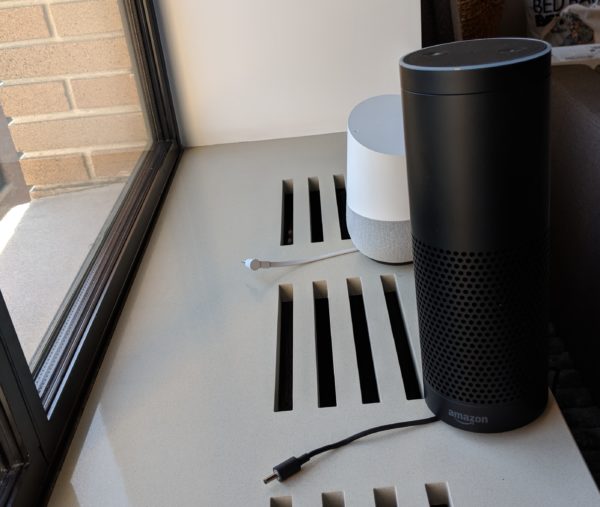Taxation Of Carried Interest
The issue of how to tax carried interest, the profit sharing interests that VCs, Private Equity firms, and Hedge Funds receive as compensation for generating returns to their investors, is in the news again.
This time it is not a debate at the Federal level, but at the state level. There are carried interest taxation bills under discussion in California, Illinois, Maryland, New Jersey, New York,Rhode Island, and possibly other states that I am not aware of.
My view on this issue is simple and I’ve stated here publicly and regulary since mid 2007.
If you are being paid a fee for managing other people’s money and have no capital at risk on the carried interest, I don’t understand how it can be considered a capital gain.
It may be good economic policy to incentivize people to manage other people’s money and maybe there should be some tax break for doing so. That is a different conversation in my view. Though I don’t buy that one either.
But capital gains tax rates should only be available to those who put their own capital at risk. Many VCs do that in their funds. The partners at USV make up a sizeable portion of our funds. We should and do get capital gains treatment on those investments.
But we also get capital gains treatment on the carried interest and I’ve never understood why. I think it’s wrong.
Finally, because I’ve written these thoughts here before, I know that some will say “well then you should be sticking to your principles and paying ordinary income rates on all of that carry you have received over the years.”
I don’t think that is right either. If the government sets the rules, and everybody else is playing by them, I don’t think it makes sense to play by different rules. I do think it makes sense to explain why you think the rules are wrong. Which is what I am doing here.

